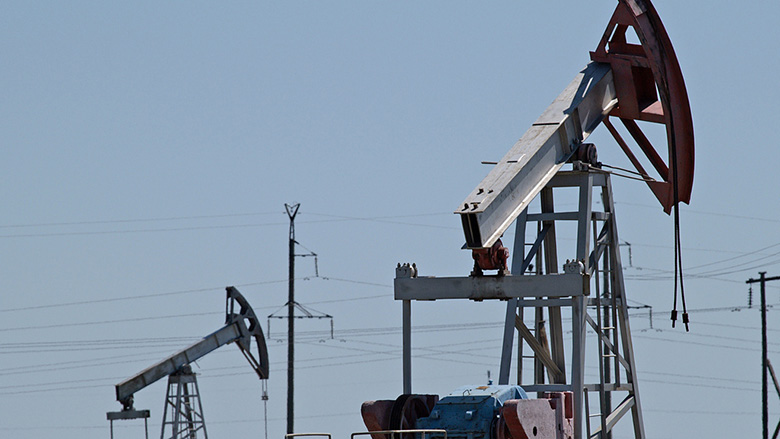The collapse in the global price of oil is having a direct impact on people’s lives and many developing countries are suffering. Jobs are being lost in the oil and gas companies that operate in these countries. Jobs are being lost in the companies that service the oil and gas sector; and jobs are being lost in companies that rely on the wages of the people who work in the energy industry. Furthermore, public sector jobs are being lost due to the shortfall in government revenues as a result of the falling oil price.
But some countries are also benefitting from the price collapse, such as big oil importers like India and China. In these countries, the benefits of cheap oil flow in aggregate across wide swathes of the economy. This benefits consumers and will help preserve jobs in companies where energy is a large cost such as airlines.
The new oil price environment is an opportunity for oil exporters to rebalance their economies and help their people find alternative employment. “Many countries around the world are dependent on the oil and gas sector; in many cases this sector provides the best jobs in the country,” said David Robalino, Manager in the Jobs Group at the World Bank in Washington DC. “The fall in the price of oil is reducing earnings, constraining public expenditures, and indirectly harming the labor market in these countries. The current crisis should, I hope, provide incentives to policymakers and social partners to introduce reforms that are needed to diversify the economies with a focus on lagging regions and secondary towns.”
The Jobs Group at the World Bank has been closely involved in some of these programs over the past year. For instance, in March last year, the World Bank approved a US$100 million loan for the Skills and Jobs Project in Kazakhstan, a country that relies on crude oil for 55% of its export earnings. The aim of the project is to contribute to the national goal of diversifying the economy and increasing the productivity and earning capacity of the working age population. The Group has also been active in the formulation of a Country Economic Memorandum for Ecuador, which seeks to help the government find ways to reduce its reliance on the oil and gas sector and diversify jobs into other sectors.

